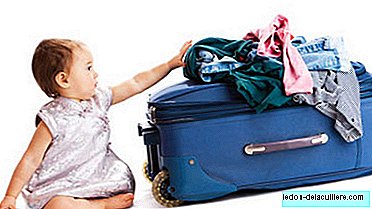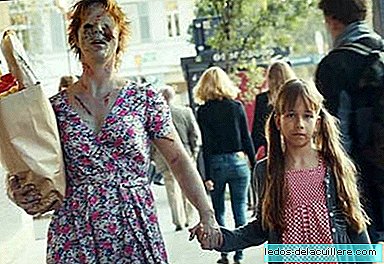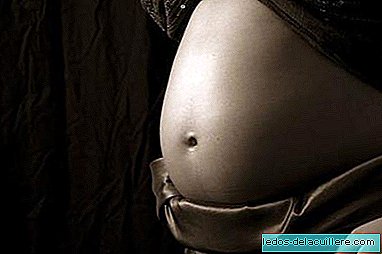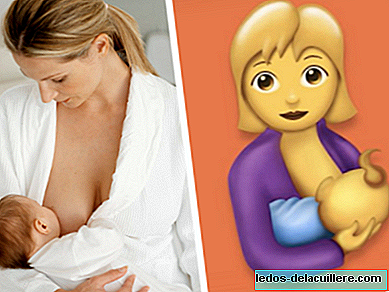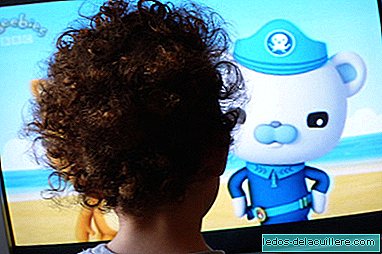
Concepción Alonso and Jesús Pertíñez are researchers from the University of Granada, from the Department of Drawing, they have made the most complete study (to date) on cartoons broadcast in Spain.
His work highlights the negative stereotypes that are associated with female characters in such popular series as "Monster High" or "Shin Chan." Be analyze 163 series of drawings of Spanish and foreign series that are currently broadcast on different television channels. Special attention has been given to the 621 characters that appear in those series, and their personality qualities have been found such as intelligence in female characters, although there are also presumptuous ones. As a general rule, female characters have a healthy physique (some excessively thin, yes), and none of the boys are too thin.
But there is also a small number of older women who are overweight, and this also does not appear among men. They are interesting gender issues to reflect on
In the series we see human characters, and others who are zoomorphic. Within the first group, the vast majority are white, and we rarely see a black, South American or Asian protagonist out there. Thus, not only gender is treated unequally, but also races, are children educated in wrong and obsolete beliefs and attitudes?
What image of the woman is offered?
Female characters too are associated with negative stereotypes: Consumers, superficial, jealous and obsessed with their physique and for pleasing others. In addition, only one girl appears for every two boys, and many times their role is conditioned to be the companion of the protagonist or villain.
Researchers have questioned the popular series 'Monster High' for the ill-fated image it conveys of women: talking continuously about her image and with the interests centered on boys. But they also highlight Shin Chan's mother, whom we see obsessed with the sales, and who gives the image of a screaming woman.
Men are not obese or thin, and they often do not explicitly exercise any profession (while girls are usually students). On the other hand when the protagonists have management positions, they are men; and there are few series in which the man stays at home, and the mother works ('Johnny Test' is one of them).
Who are directing the series?
Alonso and Pertíñez, have discovered that only 9.2 percent have been led by a woman (7.4% in the case of Spanish animation series); and that despite the fact that there are more women with degrees such as Fine Arts or Audiovisual Communication.
To me there is something that catches the attention of the series for children, especially those that are aimed at audiences of more than five or six years: in some parents 'do not exist', it is a non-existence when its presence is not significant for the protagonists, who despite being pre-teens or teenagers, can pass without them (Monster High, Pokemon, Adventure Time, etc); It's just a point for reflection, I'm not going to go deeper today. Others are starring family groups (Gumball, Phineas and Ferb, Johnny Test, etc.)


